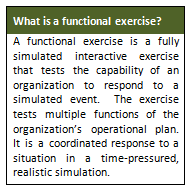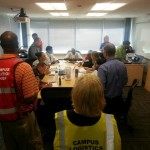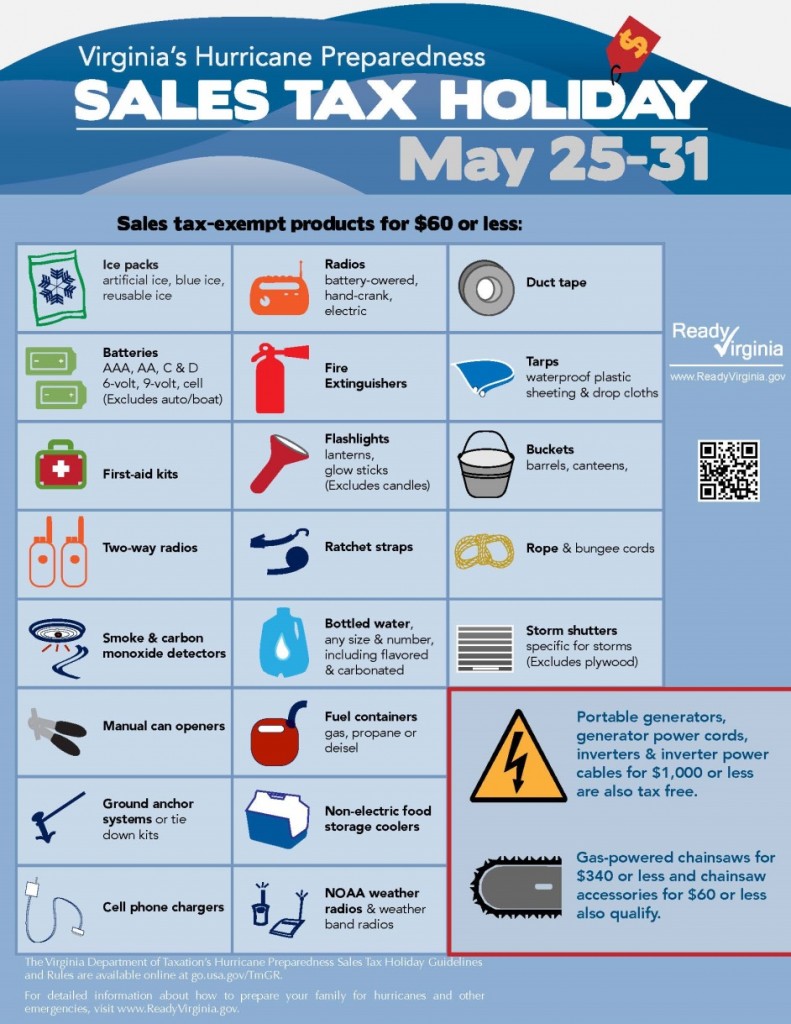What would you do if an emergency occurred on your campus? How would you and your department respond? These were questions asked on May 27th when NOVA’s Office of Emergency Management (OEM) and Woodbridge Campus conducted a simulated, interactive functional exercise.
The functional exercise was designed to test the coordination, integration, and interaction of the NOVA and Woodbridge Campus policies, procedures, roles, and responsibilities during the simulated event. Woodbridge Campus staff responded in real-time with on-the-spot decisions and actions made in a simulated stressful environment. All of the participants’ decisions and actions generated real responses and consequences from other staff members.
Woodbridge Campus Provost Dr. Sam Hill complimented the realistic aspects of the exercise and the readiness of his Woodbridge team. Dr. Hill added, “All of the participants came away with an understanding of how critical it is to function as a team during emergencies” and also emphasized the exercise “will make us more appreciative of advance preparation for emergencies.” Dr. Hill commended NOVA and OEM for increasing awareness and appreciation of emergency drills because it drives home the fact that everyone needs to be knowledgeable about their roles during an emergency.
 NOVA’s OEM will conduct this functional exercise at all NOVA campuses to ensure each campus has the opportunity to learn from this valuable training opportunity. If you have any questions about this exercise or general emergency response topics, please email OEM at OEM@nvcc.edu.
NOVA’s OEM will conduct this functional exercise at all NOVA campuses to ensure each campus has the opportunity to learn from this valuable training opportunity. If you have any questions about this exercise or general emergency response topics, please email OEM at OEM@nvcc.edu.

 Confusion, dizziness, or nausea
Confusion, dizziness, or nausea

